They won't be able to do as they please, but since Friday, May 7th, the Algarve Councils have had a say in the way in which the Ria Formosa Natural Park and the Sapal Natural Reserve are managed de Castro Marim and VRSA.
AMAL – Algarve Intermunicipal Community, the Institute for the Conservation of Nature and Forests and the Environmental Fund signed technical and financial collaboration protocols to promote the co-management of these two protected areas, at the headquarters of the entity that brings together the 16 municipalities of the Algarve.
In practice, there was a formal request from the Chambers of Castro Marim, Faro, Loulé, Olhão, Tavira and Vila Real de Santo António, which are in the area of influence of the two protected areas, to adhere to the co-management model that is already in force in other parts of the country, delegating this competence to AMAL.
At Friday's ceremony, attended by João Matos Fernandes, Minister of Environment and Climate Action, and João Paulo Catarino, Secretary of State for Nature Conservation, Forests and Spatial Planning, it was clear that the ICNF will not abdicate of its mission and its competences, namely "in terms of licensing".
“We have to frame things in this way: the institute's responsibilities in terms of nature conservation and biodiversity, both nationally and internationally, have not changed. And, therefore, we continue to be responsible for the management of species and habitats and for all that are the territorial management instruments, planning plans, the Natura Network management plan and all the protection figures. This is true today and will continue to be,” he told the Sul Informação Nuno Banza, chairman of the Board of Directors of the Institute for Nature and Forest Conservation, on the sidelines of the session.
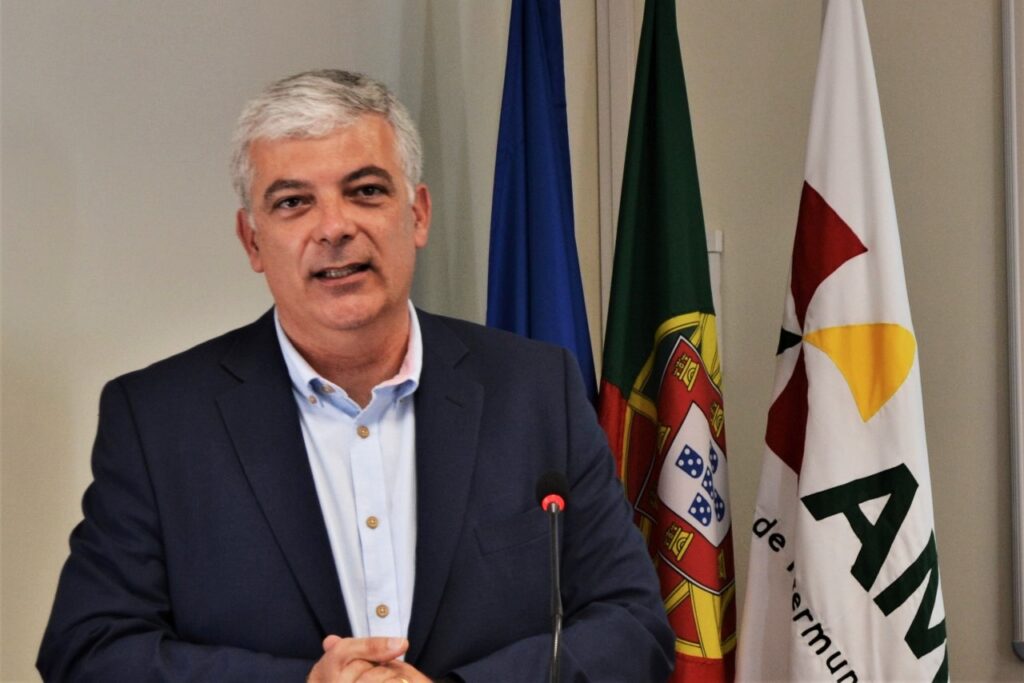
"What goes into co-management is an area, also very important, which has to do with the relationship with the territory, it has to do with the way in which activities are managed, the way in which the relationship with the communities is stimulated, whether in the area of nature tourism, whether in the area of environmental education, or in the area of development and promotion of activities, such as the natural.pt brand, local production, artisans, traditional products, traditional agriculture and fishing », he added.
“There is a lot of work that has to do with connecting with the community, which is not specifically regulatory, but which is very important for conservation. The relationship with fishermen, the relationship with hunters… We have a very interesting experience with the lynx, a significant part of the habitats that today support the reintroduction of the lynx, are dynamized by hunting areas and it is not a regulatory issue», he exemplified .
In short, what will be done in the PNRF and in the Castro Marim and VRSA marsh, «it is above all an experience of sharing, a strategy of approach in relation to protected areas, which is fundamental for things to work afterwards».
On the part of the local authorities, this sharing of responsibilities in the management of protected areas was something that they “had been asking for for a long time”.
"It is true that it is a challenge and that the fate of these territories is now also up to us, but it is exactly this opportunity that we have been asking for for so long," said António Pina, president of AMAL, during the ceremony.
"We have to build the future of park management, in a shared way that is more adapted to today's reality, in which natural parks cannot be seen only from an extreme conservation perspective, but also realize that this is a space for the enjoyment of nature», reinforced the also mayor of Olhão, in statements to Sul Informação.
«The enjoyment of nature, whether by residents or even as a tourist product, is a reality that is gaining more and more followers and it is necessary to make these uses compatible with conservation. And it is also necessary to invest, it is necessary to invest a lot, because the habitats – which are known and of great value – and the biodiversity of these parks, require investments in their maintenance», believes the mayor.
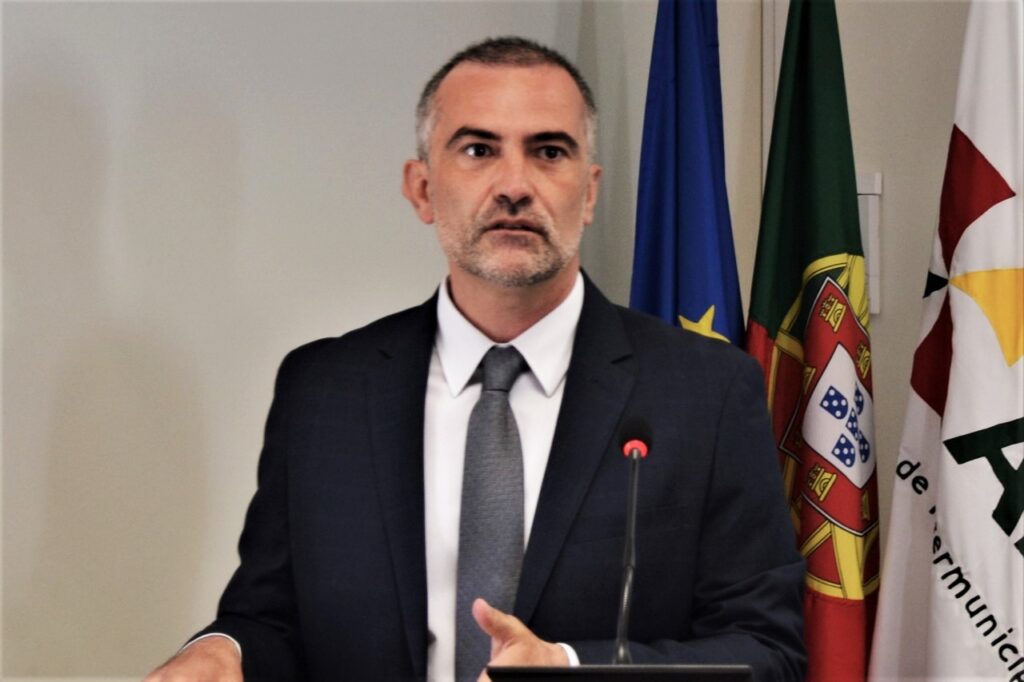
In the case of Ria Formosa, it is necessary, for example, to “maintain the bars”, bearing in mind that “good water circulation is fundamental for the Ria Formosa to continue to have the habitats we have today”, but also to invest. in the pluvial systems, to avoid “the sewers that drain into the Ria Formosa”.
And this is where the Environmental Fund comes in, the third partner of these protocols, represented at the session by its director, Alexandra Carvalho. This financial instrument, managed by the General Secretariat of the Ministry of Environment and Energy Transition, was obliged to transfer to AMAL up to a limit of 100 thousand euros, for each protected area, in the next 3 years, the period of validity of the agreement .
«The Environmental Fund is going to create the possibility of having activities dynamized by the co-management commission. In other words, it will, in practice, finance both human and technical resources, to ensure that there is soon a set of actions that begin to be streamlined from the co-management commission and that involve all municipalities. They are going to start to have plans for common activities, promotion, information, a series of things, which will allow for investment," said Nuno Banza.
António Pina said that the money will be used to make a "set of investments that are necessary to maintain the good health of these territories, some of which I have already mentioned, such as bars, dredging and sewage for the estuary".
But the local authorities also want to sit down at the table “to review what is the regulation of the Natural Park, which is already over 12 years old, and which in its genesis is over 30”.
AMAL's president defends that the rules “have to be changed” and that there is “a set of human activities, but also of investigation, which have to be made compatible with the rules” of the protected areas.
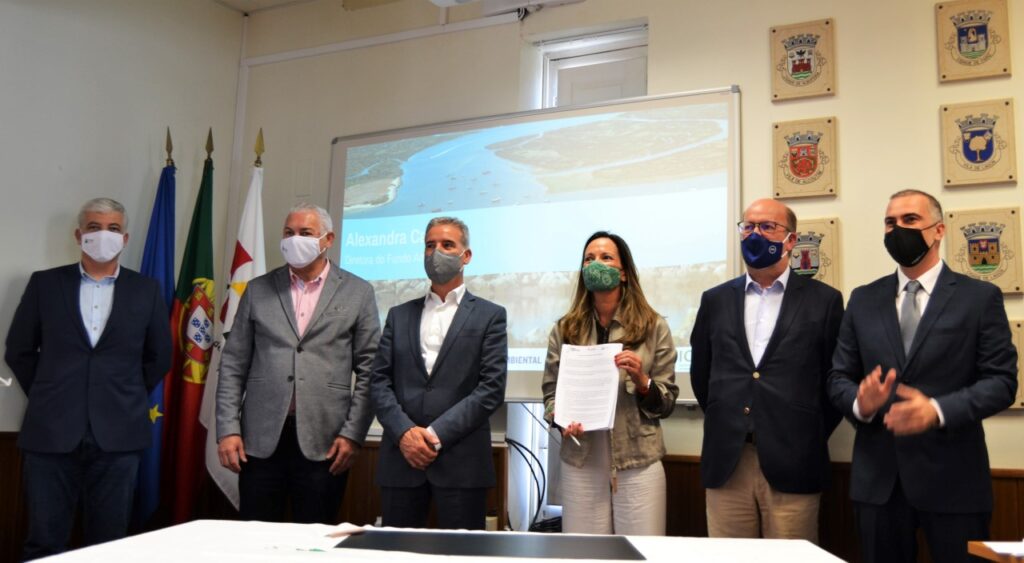
This sitting at the table will be with the ICNF, but also with the other entities that will be part of the co-management commission, which will be chaired by the municipalities.
«The local authorities are important, but we are also going to involve universities, Non-Governmental Environmental Organizations, cultural associations and local heritage associations. There are also a number of people here in Faro who works in the area of fishing heritage, traditional arts, boats and fishing artefacts. Tavira also has such an experience… There is a lot to do in involving people», believes Nuno Banza.
“I think the touchstone of this is that today it is relatively easier to talk about conservation. I tell this many times, just so people can understand: We, 20 years ago, when we made the plan for the Professor Luís Saldanha Marine Park, in front of the Arrábida Natural Park, we held a clarification session for the fishermen, in Sesimbra. We left there in a GNR jeep. Today, 20 years later, the fishermen of Sesimbra are the park's first defenders. They now recognize that the fact that we have created no-fishing zones, zones where there is no catch at all, has made the amount of resources available for them to fish to be much greater than before. But this, these people could not understand at the time», revealed the president of ICNF.
The evolution of mentalities is also what allows municipalities, which in the past were often on the side of environmental attacks – one of the reasons why protected areas were created – to be partners in their management today.
António Pina guaranteed that this is something that belongs to the past. «Today, mayors are the most interested in the enhancement and conservation of biodiversity in their territories, because we all understand its added value. It is fortunate that we have a territory with this potential, because it distinguishes us from other territories, even from a tourist point of view, which is our main economic activity.
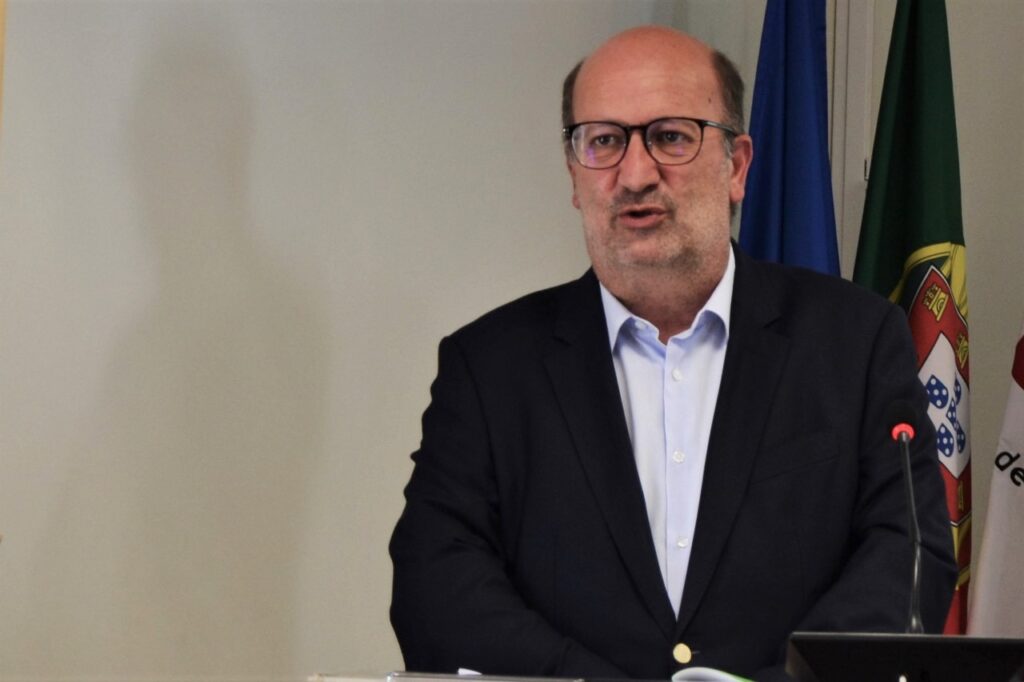
Minister João Matos Fernandes, who presided over the ceremony, highlighted the fact that these are already the 8th and 9th co-management protocols that we have signed».
However, it was “the first time that this happened with an Intermunicipal Community. And this also shows what the Algarve is, a region that comes together and speaks with one voice».
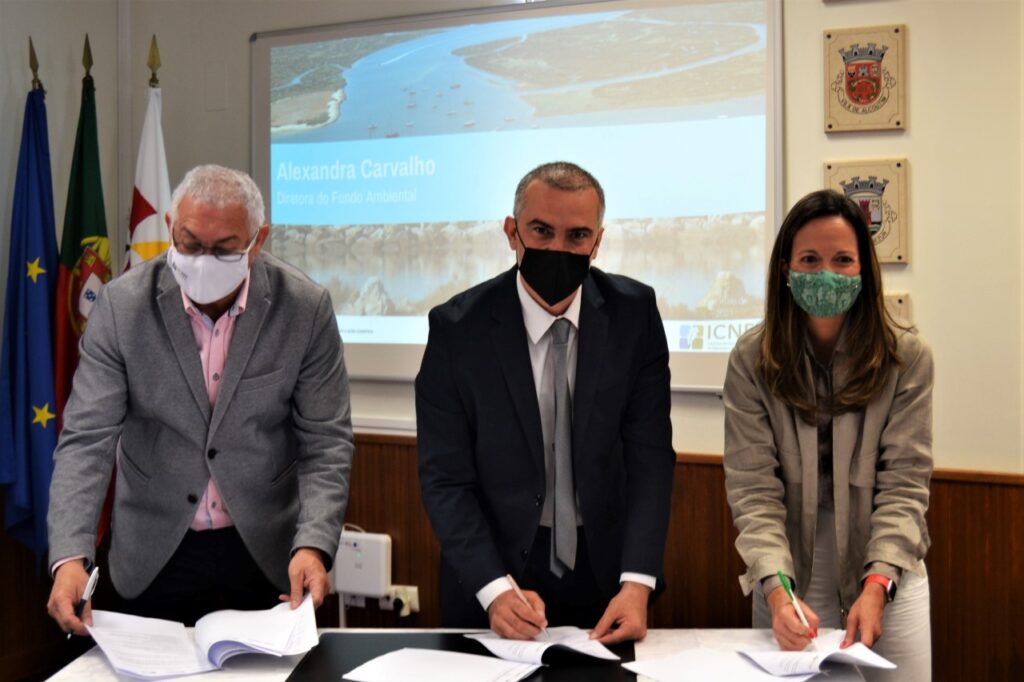



















Comments